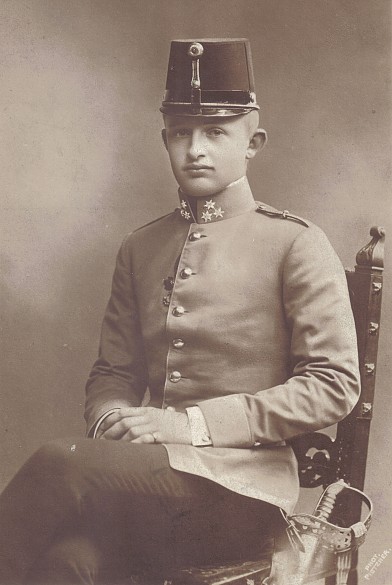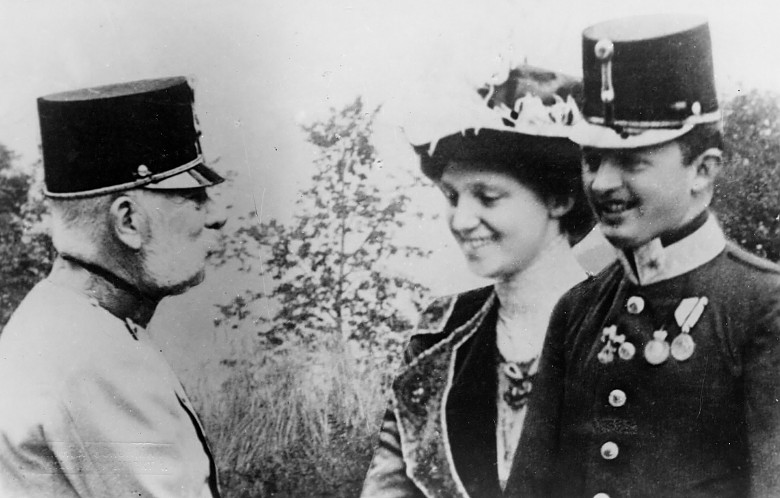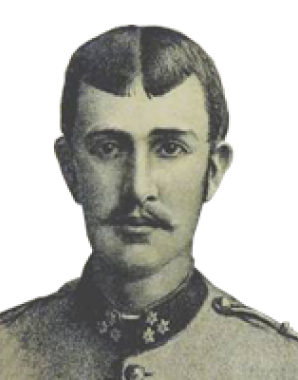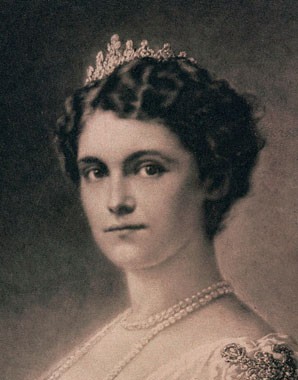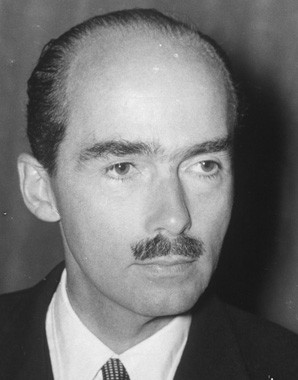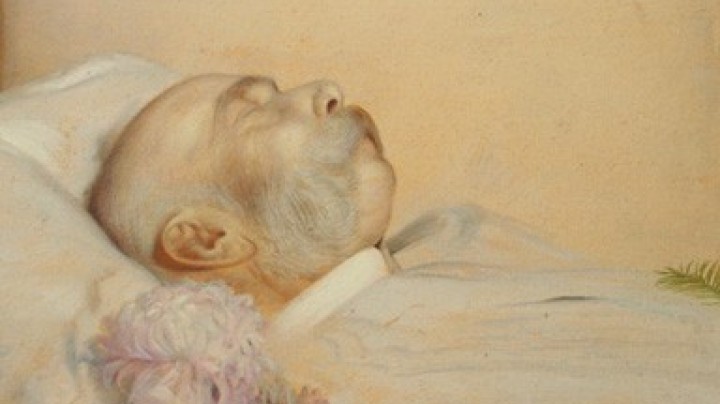Emperor Karl – childhood, education and family
The eldest son of Archduke Otto and Maria Josefa of Saxony, Karl was born at Schloss Persenbeug (Lower Austria) on 17 August 1887.
During his childhood he was primarily influenced by his mother, who was very devout and lived a retiring life, in complete contrast to her husband Otto, who led a scandal-ridden existence that frequently made the headlines in the newspapers.
The young archduke was given a solid education by private tutors before attending the Schottengymnasium in Vienna, an elite secondary school run by Benedictine monks, as an external student. Following this Karl studied for several terms – again as an external student – at the University of Prague, albeit without taking a final degree, since according to the regulations of the time this would have been incompatible with his status as a member of the imperial dynasty.
Karl served as an officer in the Imperial-Royal Army in a career typical of male members of the imperial dynasty, spending several years in various garrisons in Bohemia and Galicia.
Owing to the morganatic marriage of his uncle, heir to the throne Archduke Franz Ferdinand, whose offspring were excluded from the succession, and to the early death of his father, Karl suddenly found himself second in line to the throne. However, his great-uncle Emperor Franz Joseph excluded him from the innermost circles of political decision-making, insisting that he continue to serve as an officer in the army, a decision on the part of the elderly monarch that was to have grave consequences.
Nonetheless, as head of the family Franz Joseph concerned himself closely with the subject of his great-nephew’s marriage, as nothing less than the continuation of the dynasty was at stake. Karl’s choice fell on Zita of Bourbon-Parma (1892–1989), daughter of Duke Robert, the last ruler of the minor northern Italian duchy of Parma, who had resided in exile at Schwarzau in Lower Austria since the unification of Italy. Zita fitted the bill for a Habsburg bride to perfection: she came from a sovereign princely family (albeit recently deposed), was a devout Catholic and had been raised to believe in monarchical legitimism.
The wedding took place at Schwarzau, the summer residence of the bride’s parents, on 21 October 1911. Attended by the elderly Emperor Franz Joseph, the festivities were partly recorded on film.
Following the birth of the couple’s first child, Otto, in 1912, Karl was posted to Vienna, where he was assigned Schloss Hetzendorf as his official residence.
Described generally as harmonious and happy, the marriage produced eight children: As well as the first-born Otto (1912–2011), Adelheid (1914–1971), Robert (1915–1996), Felix (1916–2011) and Karl (1918–2007) were all born while the monarchy still existed. Rudolf (1919–2010) and Charlotte (1921–1989) were born in exile, while Elisabeth (1922–1993) was born after her father’s early death.
